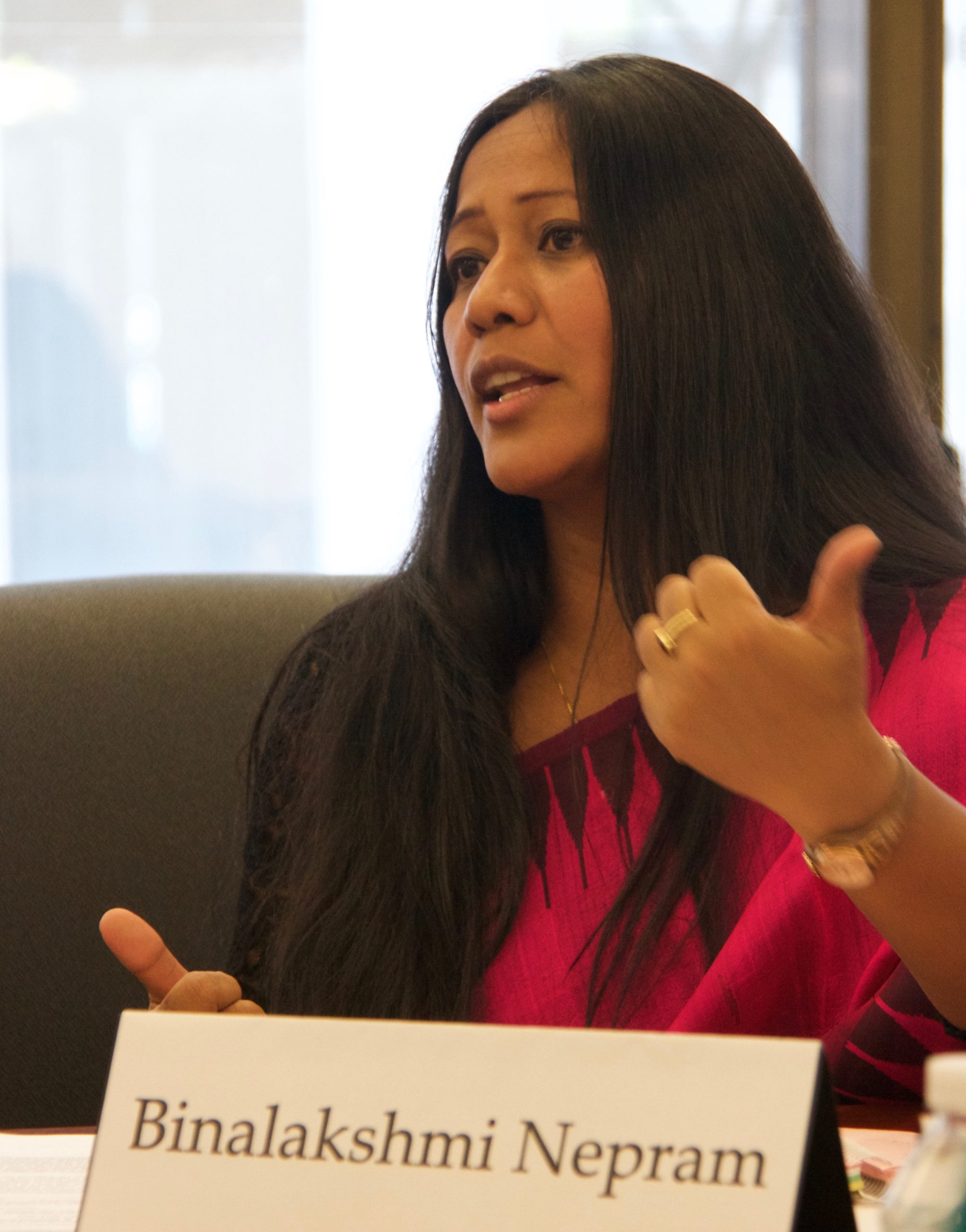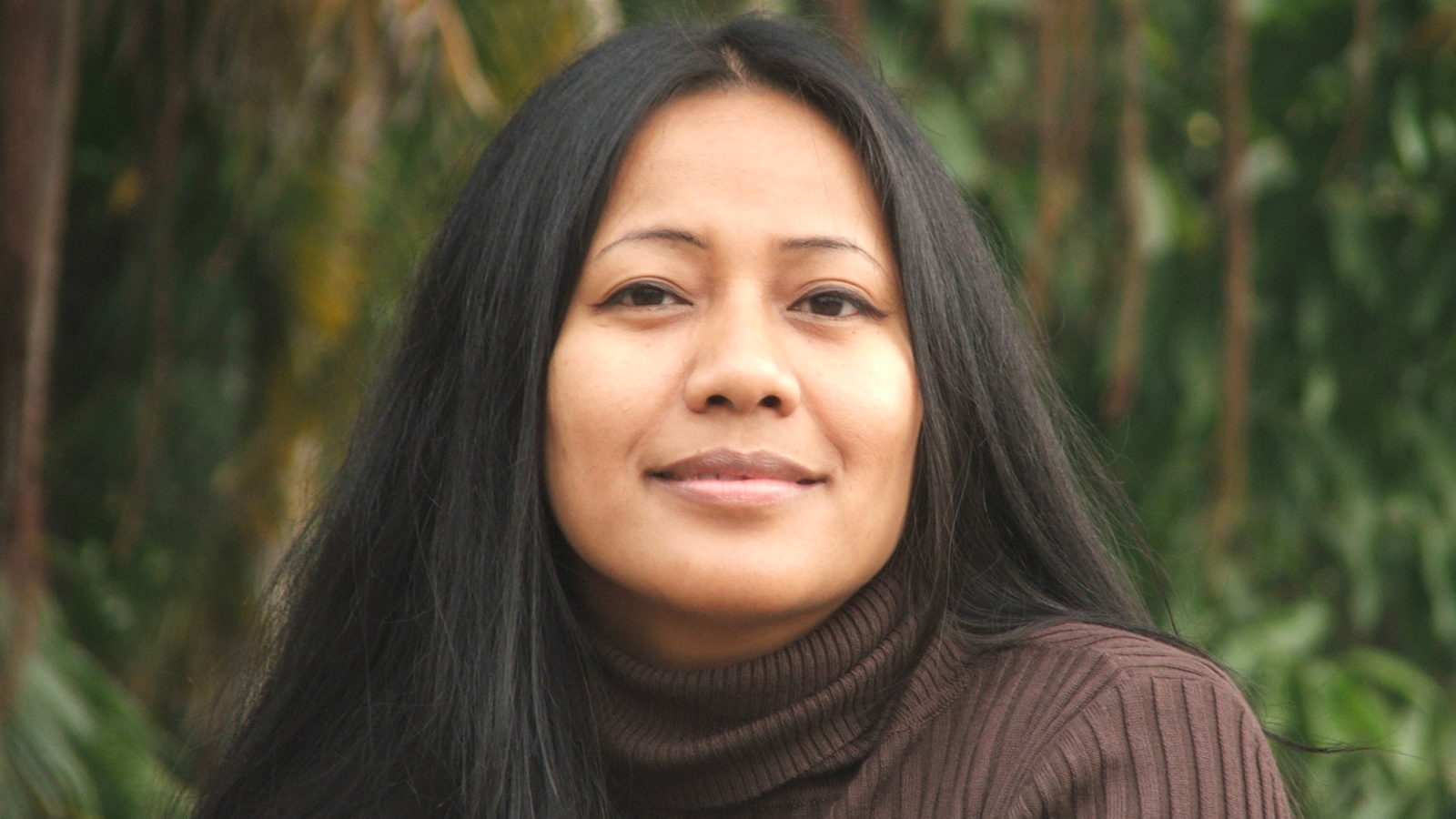You might know me as an activist from the north-east, but Manipur’s conflict didn’t make me an activist, Delhi did.
It started when I came to Delhi as an 18-year-old student and discovered that people were using a word for me that I had never heard in Manipur. They were calling me chinki. One day, I confronted a group of boys in Kamla Nagar who were yelling chinki and ching ching and asked them to repeat what they said. They repeated, and I was shocked.
It wasn’t casual, everyday discrimination limited to “which country are you from?”. It had branches that threatened to choke me. People thought it was okay to offer me alms or solicit me for sex. Like any other girl, I would be walking on the street in Delhi when someone would grab my body parts. But I suffered on two levels: I faced double discrimination as a woman, and as a person from the north-east.
Discrimination often stems from ignorance, and it wasn’t much different here. When I told my friends from Haryana, Madhya Pradesh, or Rajasthan about north-east, about the conflict in my state, that I had lost a niece in a bombing attack, they would dismiss it. “Bina,” they said, “you’re telling it from a film.”
When they couldn’t believe that a part of India was vastly different from the rest, they would negate my narrative.
I understood for the first time that I grew up in abnormal conditions.
On one side was the discrimination for a north-east Indian and the other was the oppression women face every single day in this country. The lack of safety; few good, liveable hostels; and how Delhi, in general, was a place of connections and networks—I was denied admission in BSc Physics in Miranda House, a prestigious Delhi college, because the Principal gave the seat to her friend’s daughter—it made me sick.
But things were about to get worse.
By now I was a graduate student, had lived in Delhi for over three years, and learnt the art of survival. It was around this time that an older student form Hansraj College became besotted with me and started making indecent proposals. He stalked me for more than a month. I refused his advances but he persisted.
One day, he physically assaulted me in public. It was the year when a 25-year-old law student, Priyadarshini Mattoo, was raped and strangled by the son of an IPS officer. Tempers were high and solidarity movements were running strong. The Delhi School of Economics’ gender studies group supported me. And Professor Pratiksha Bakshi got me to speak up.
When I was facing a crowd of hundreds and telling my story, I felt the fear inside me rise and whirl before it left me for good.
This was the beginning of my activism. We filed a case against the boy, he was declared persona non grata by Delhi University. I carried on…
My experiences reinforced that from the womb to the tomb, women’s lives are governed by misogynist, patriarchal structures. Some parts of Manipur still follow a sexist ritual where if an unmarried woman dies, a pole is inserted at the site of burial to signify that they don’t want her to return to Manipur.
Life is equally miserable for widows.
A couple of years later, when I was a PhD student researching drugs and arms trafficking in the north-east, I witnessed the aftermath of a gun killing in a Manipuri village.A 24-year-old girl was widowed. I was trapped in the village and saw what happened. The girl’s mother was crying. “How can I feed you,” she said. “They should have shot you dead too.”
The words shocked me then, but as I continued my work, I would repeatedly see how widows around the state were banished and forced to live a life of exile. It inspired me to join a couple of others to set up the Manipur Gun Survivors Network.
My experiences culminated in a PhD thesis which was later published as a book. There is so little available on arm proliferation or Manipur’s armed conflict that the book immediately became a seminal work.
A couple of months after the book was published, I received a call from a United Nations’ official who had tracked my book and wanted me to join them in New York as an observer for a meeting.
Delegates from around the world were present, as were India’s. My research told me that 12 Indians were shot dead every day due to gun violence but the Indian delegation at the meeting provided another set of numbers of the number of people killed or the arms seized. I realised that arms proliferation is an all-India problem and that we cannot rely on the government for change. So I, with the help of few others, formed the Control Arms Foundation.
Each step of the way, I was responding to injustice because early in my life, I had learned to reject it and thus, even before I knew what I wanted to do with my life, I had become a part of organisations and my work around advocacy had begun.
As a survivor of a physical assault and as someone who has seen violence and fear at close quarters, I believe in solidarity movements and in action that springs from the very bottom.
I also realise that when you do community work, you, as an individual, become secondary. Sometimes when I am leading protests or defending our work on primetime TV, I feel like I am a medium. Bina as a person recedes and my body becomes a voice for the 45 million north-east Indian citizens. It’s a cross section between me as a person and me as a medium to speak for the millions whose voices have been muzzled so far.
Of course, there are consequences. There have been times when I have not been able to sleep, when I have struggled financially, or when my work has affected my personal life and relationships. It had led me to discover that you need to care for yourself.
And so, I’ve started using methods of self-care not just for me but for all the women survivors I work with. We go out for picnics, we take head massages, and we mandatorily don’t work at least once a week.
Many activists don’t get any time off. A rape survivor might need you in the middle of the night and there might be someone else waiting at your doorstep early in the morning.
One has to know one’s limitations. This is why I believe, that we mustn’t create icons, they’re dangerous. When they fall, everything falls, and we cannot afford that. We need teams. No one can do everything. In the world of compassion, it should be clear what you can and can’t do.
When in doubt, I look at nature for answers. As a person who comes from an indigenous culture, we worship the sun, the moon, the cycles of nature. That’s where I get my core. You cannot bribe winter to leave early. You cannot have spring all year long. Sometimes you will be hot, sometimes cold, but as long as you recognise it, you won’t shut down.
If you’re in it for the long haul, you have to rest along the way.
(As told to Apekshita Varshney)


